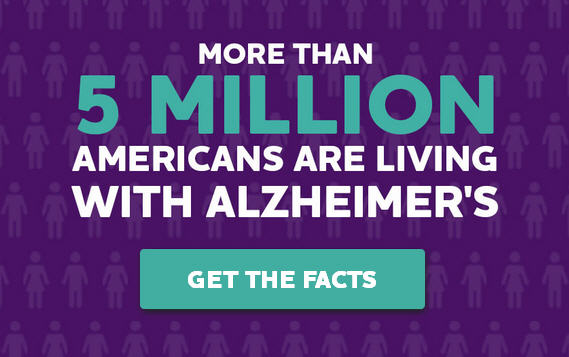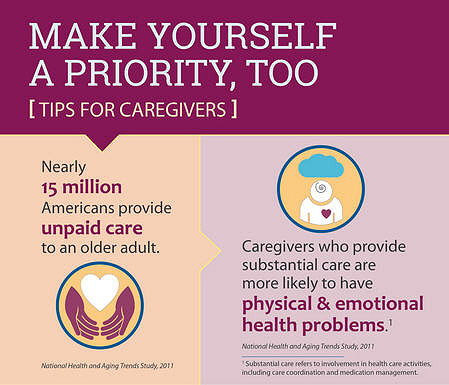(Alzheimer’s Disease International) Today, over 46 million people are living with dementia, and by 2015 this number will have risen to 131.5 million. In just three years’ time, the global economic cost of dementia will reach US $ 1 trillion. Find out more about the global impact of dementia.
Download the report here: http://www.worldalzreport2015.org/downloads/world-alzheimer-report-2015.pdf
People Living with Dementia Around the World

How Can We Meet This Challenge?
Based on the findings of the World Alzheimer Report 2015, these are our key recommendations:
- We must now involve more countries and regions in the global action on dementia. By 2050, 68% of all people living with dementia will live in low and middle income countries (LMICs), so it’s vital we are able to help them provide services and support.
- Risk reduction should be made a public health priority, with a focus on tackling the shared risk factors with other non-communicable diseases (NCDs) like cancer and diabetes.
- The World Health Organization (WHO) ‘Call for action’ should now be made into a ‘Dementia Action Plan’ with clear targets for the 194 member states. Alzheimer’s Disease International (ADI) will continue to work closely with the WHO to ensure that people living with dementia and their families are put at the centre of all policies in pursuit of better access to services and support.
- More money must be invested in research, with a more balanced distribution into programmes for risk reduction, treatment, care and cure.
- The G20 group of nations should now lead politically on this issue, building on the commitments made by the G7. Today, 80% of people living with dementia live in the G20 countries, compared to just 28% in the G7 nations.
- National dementia plans should be developed by all countries to help support people living with dementia and their caregivers. These plans should be monitored and renewed on a regular basis.
Every 3 seconds, someone in the world develops dementia. Given the scale of dementia, with no known cure on the horizon, and with a global ageing population, we’re calling on every part of society to play an active role in helping to achieve a world where people can live well with dignity with dementia.
People Living with Dementia
You’re not alone. It is possible to live well with dementia by seeking support from your family, friends, doctor, health and social workers, and from the Alzheimer association in your country. Find out more in the ‘I can live well with dementia’ Global Dementia Charter.
Caregivers
Caring for someone with dementia can be challenging. To be able to provide the best possible care, make sure that you look after your own physical and mental health too. Find out more in the ADI Help for Caregivers Guide.
Members of Society
Tackle stigma by becoming more dementia aware. There are Dementia Friendly Communities all over the world which educate people about dementia and provide stronger community-based support networks for people living with dementia, caregivers and family. Find out more in this report.
Individuals
Eating a balanced diet, exercising regularly and not smoking are just some of the things you can do which may help to reduce your risk of developing dementia. Find out more with this short #5littlethings video and this risk reduction report with all of the latest evidence.
Governments and the World Health Organization
Implement a national dementia plan. These plans help to increase national dementia awareness, and can improve access to diagnosis, treatment and care; enabling a better quality of life for people living with dementia. Find out more about how to create a national dementia plan by learning from other countries.
Employers
Create a dementia inclusive company. With almost half of the world’s population in employment, and people staying at work for longer than ever before, employers have a key role to play in educating employees about dementia, and supporting employees who are also caring for loved ones living with dementia. Find out more.
Organisations, communities and countries need to include us at every step of the way in their dementia friendly communities’ initiatives, as it is only people with dementia who know what dementia friendly means. It must not be about us without us. If people with dementia are not included, it cannot possibly be dementia friendly.
Kate Swaffer, Co-Chair, Dementia Alliance International and living with dementia
Our estimates of the current and future scale of the dementia epidemic highlight the need for action now to improve access to basic health and social care, and initiate prevention programmes, alongside the search of more effective treatments.
Professor Martin Prince, from King’s College London’s Global Observatory of Ageing and Dementia Care
Download Center
Download the World Alzheimer Report 2015 and supporting resources
Key Definitions
What is Dementia?
Dementia is a collective name for progressive degenerative brain syndromes which affect memory, thinking, behaviour and emotion.
Types of Dementia
There are a large number of conditions which cause the symptoms of dementia, as a result of changes that happen in the brain and the ultimate loss of nerve cells (neurons). The most common causes are Alzheimer’s disease, vascular dementia, dementia with Lewy bodies and fronto-temporal dementia (including Pick’s disease).
Prevalence
The percentage of the population living with dementia.
Incidence
The number of new dementia cases over a given time.
GDP (Gross Domestic Product)
The monetary value of all the finished goods and services produced within a country’s borders in a specific time period, though GDP is usually calculated on an annual basis.
The ADI World Alzheimer Report 2015 has been independently researched by King’s College London and supported by Bupa.

http://www.worldalzreport2015.org/
© Alzheimer’s Disease International 2015










